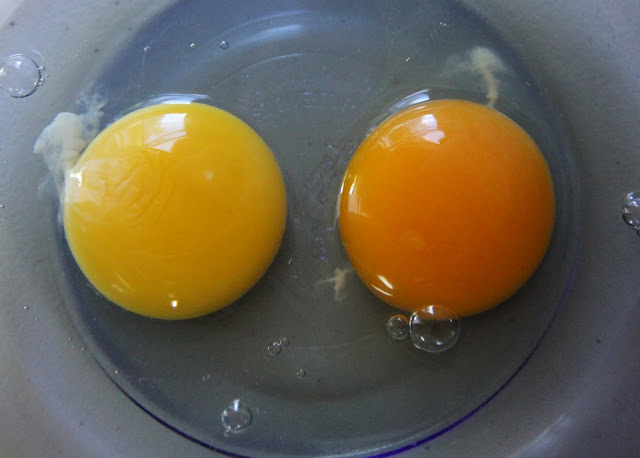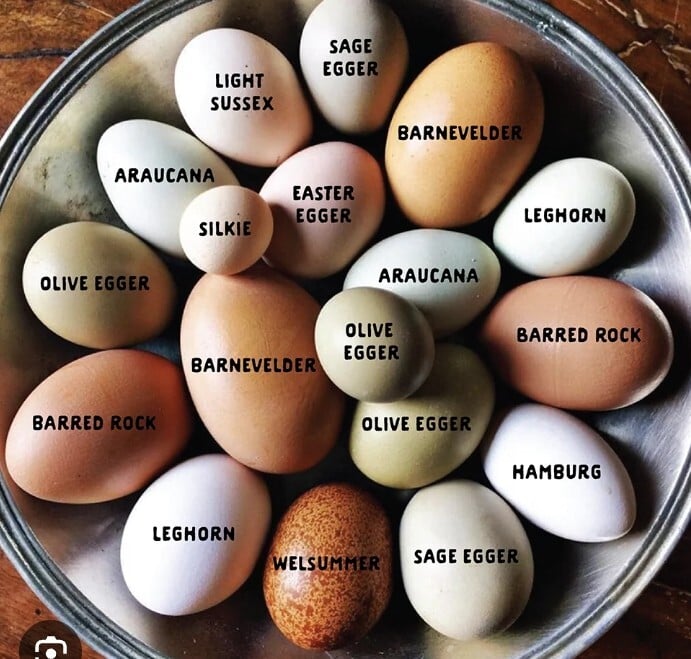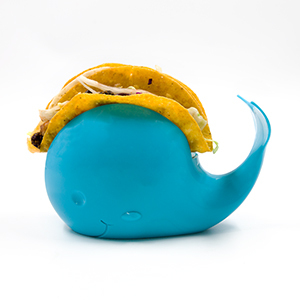Okay but there actually is a pretty significant difference between eggs at the store vs buying them from someone who has chickens.
There was actually an egg shortage a while ago, but lots of people who were raising chickens couldn’t sell their eggs because, and I quote, “they were too rich in flavor and texture, so people didn’t like them”.
It was hilarious and sad that high quality eggs was just something no one ever tasted before, so they couldn’t suddenly get used to the flavor.
It’d be like if you drank skim milk your whole life only to find out regular “whole” milk is actually supposed to be creamy lol
100%. If you break a store egg and a farm egg next to each other, especially in the spring when the chickens start having access to insects again, the farm egg is almost cartoonishly orange next to the store egg.

I got this from a classic boomer dad of a girlfriend, about chicken meat. He said free range chicken was “more gamy” and he preferred uh…. Chickens raised in tiny cages who can’t move around, apparently. Ok psycho.
It’s what they eat that affects the eggs themselves, and what type of chicken. Plus we treat our eggs which is why they are such a salmonella risk and have to be refrigerated.

From what i understand just a diet more rich in beta carotene will produce a richer looking yolk. Seems like the chicken’s lifestyle would have other effects, too. And yeah, in the US eggs come throughly washed, which removes a layer on the outside that would otherwise keep them fresh at room temp. I think the salmonella thing is more related to the sanitary conditions of the farm - I.e. whether the chickens are infected with salmonella. Farms have cleaned up in that respect over the past couple decades and it’s much less prevalent than it was at one time.
Just because it came out of someone’s back yard, doesn’t mean it’s high quality. So many chickens get table scraps and little else. Not everyone is suited to keeping pets, let alone livestock.
– But it generally does in developed countries as the majority of people going through the effort of keeping chickens in that environment are into keeping chickens. You might get some shitty setups, but the norm is decent quality feed and far less stress than large scale commercial setups.
It’s more of a hobby than a “get rich” scheme.
I told my American colleagues that in Denmark we get 3 consecutive weeks off during the summer, and the company is not allowed to contact us. We also get an additional 2 weeks off we can use whenever we want. Oh, and + 5 days (in hours). Again that we can use whenever.
Their jaws dropped.
Meanwhile my boss’s boss was telling me last year that I had taken too much of our “unlimited” PTO after 2 weeks…
Or the fact that we actually pay people to study (~1000 USD a month), instead of putting them into crippling lifelong debt.
If it’s like the system in Sweden, it’s actually ~$400 straight up benefit, and ~$800 in a very favourable (optional) loan with very low interest that is paid back over 25 years.
Not how comfortable their life is, how much you buy their industry’s marketing spin about the option for a chicken to stand in a pool of chicken shit, hormones and antibiotics or to be forcibly laying in it for the entirety of its life.
Eh, good thing factory chicken is a thing of the past in The Netherlands, it’s okay vs decent vs good.
Rondeel is decent: https://youtu.be/zwleQLKU-UI?si=kh7T6b_bV0HMXjzO
Label Rouge (France) is good: https://m.youtube.com/watch?v=aHlCEIAOpEk
Yeah sure it’s €4 to €5 per 10 eggs instead of €2.50 but there’s a big difference in quality. You get watery whites, tasteless yolks and paper thin shells with the cheapest eggs. Same for chickens, the Label Rouge ones are really small at 1.5 kg in comparison to faster growing ones.
Your options are wretched vs horrific.
Eh, there’s also substandard:
- conventional - absolutely horrific - stuck in cage
- “cage free” - regular horrific - able to walk around, but they’re packed wall-to-wall
- “free range” - substandard - can go outside and walk around, but still usually overcrowded
The best option is to raise them yourself. But almost nobody does that, so I guess you pick how much you want to spend for the chicken to have a better life.
“Go outside” for free-range is also a tiny little pen that chickens don’t really know how to use.
There’s another option: Pasture-raised, certified humane. They have >100SF of outdoor space per bird, shelter, and eat a mix of insects and supplemental feed.
Aldi sells them for about 75% more than conventional eggs.
For more about Certified Humane and Pasture Raised:
https://certifiedhumane.org/wp-content/uploads/Standard_LayingHens-2023.pdf
Page 18 (19 in PDF land)
Ironically, you cannot choose how comfortable the human’s life is for most products.
If you put the eggs up your butt at the grocery store, you can choose how uncomfortable everyone will be.
Egg
There are certifications out there like FairTrade and others that try to make labor less slave-like in the world. Guess you could call that a way of making human life more comfortable
In France the « bio » label (https://www.bioagricert.org/en/certification/organic-production/ab-france.html) does bot only take into account ecological properties of the product but also many metrics relative to the social quality of the company and well being of its employees.









